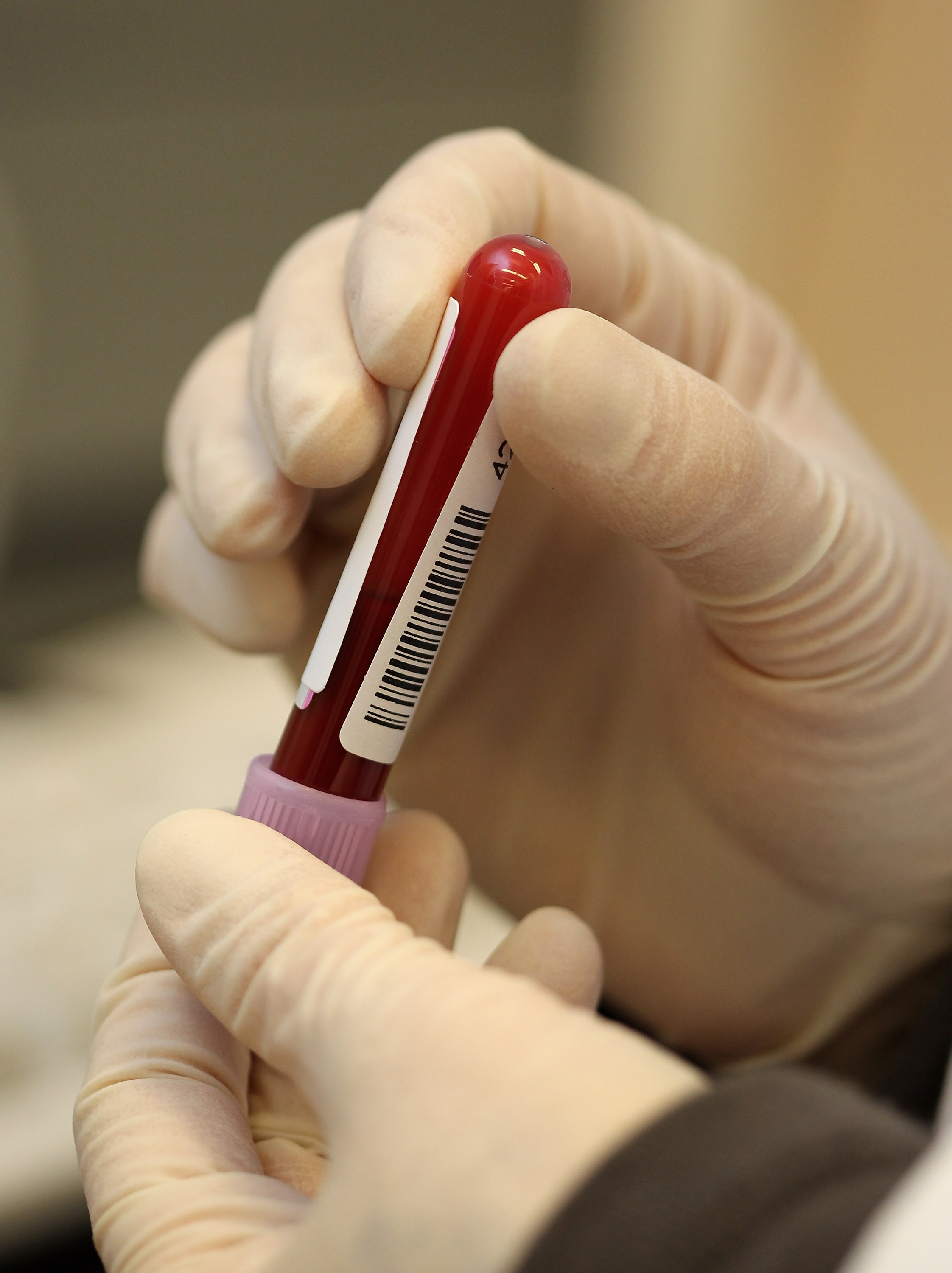Danish report calls for further measures to fight doping
UCI called on to introduce night-time tests, fit for purpose checks, and fines for teams

Anti-Doping Denmark's long-awaited report into doping in Danish cycling between 1998 and 2015 has revealed new details of doping in Danish cycling but also called on the UCI and WADA to introduce a series of measures to help fight doping in the sport.
ADD was unable to begin disciplinary action against Riis or anyone else involved due to the WADA's eight-year 'statute of limitations' rule in force at the time of the investigation. Because no disciplinary action was possible, ADD was unable to plea-bargain with witnesses to obtain better information and more detailed confessions.
Despite a lack of teeth and sanctions, the ADD report offers a series of suggestions that could bolster the fight against doping both directly with better anti-doping controls, and indirectly with measures to dissuade riders and teams from doping.
"In light of the many interviews the study group's assessment is that improved controls are crucial for anti-doping to work," Morten Mølholm Hansen, the director of the Danish Sports Confederation, said when presenting the report.
"We must also work on attitudes and code of ethics but it is clear that it is effective controls have the greatest deterrent effect. It is primarily the risk of being exposed, which plays a role."
The ADD recommendations include improving the WADA Whereabouts and Biological Passport programmes and introducing night-time testing in situations where there is a justified suspicion of doping, particularly in order to combat doping with micro doses of EPO or blood. It also suggests the introduction of better international information and data exchange laws between investigating countries, along with carrying out long-term storage of samples for future testing and withholding athlete's blood profiles to avoid miss-use. ADD also said the UCI should align its rules on use of glucorticoids to the rules of the MPCC to harmonise conditions for all riders.
ADD pointed that "the specific structural characteristics of cycling, make the sport of cycling especially vulnerable to doping." As a consequence it recommends reducing the dependency of cycling teams on short-term sponsorship contracts, possibly by sharing the income from television rights with the teams.
Get The Leadout Newsletter
The latest race content, interviews, features, reviews and expert buying guides, direct to your inbox!
It also suggests the UCI strengthen rules of good governance in teams and the introduction of 'fit for purpose' criteria and 'witness obligation' for directeurs sportifs, team doctors and other licence holders that stops them working in cycling if they violate anti-doping rules or refuse to help with investigations. ADD also recommended teams be obliged to pay a fine if an employee commits an anti-doping offence.
Rider interviews confirmed that they often used prize money tax manipulation and avoidance as a way to raise funds to pay for doping products. As a result ADD also wants rules that govern the attribution of prize money.
The report concluded by calling on riders who "have admitted their use of doping to the investigation group to step forward and tell their full and true story and to act as ambassadors in the service of the anti-doping movement." It also called on "riders who win clean to publicly announce that their win was clean."

Stephen is one of the most experienced member of the Cyclingnews team, having reported on professional cycling since 1994. He has been Head of News at Cyclingnews since 2022, before which he held the position of European editor since 2012 and previously worked for Reuters, Shift Active Media, and CyclingWeekly, among other publications.